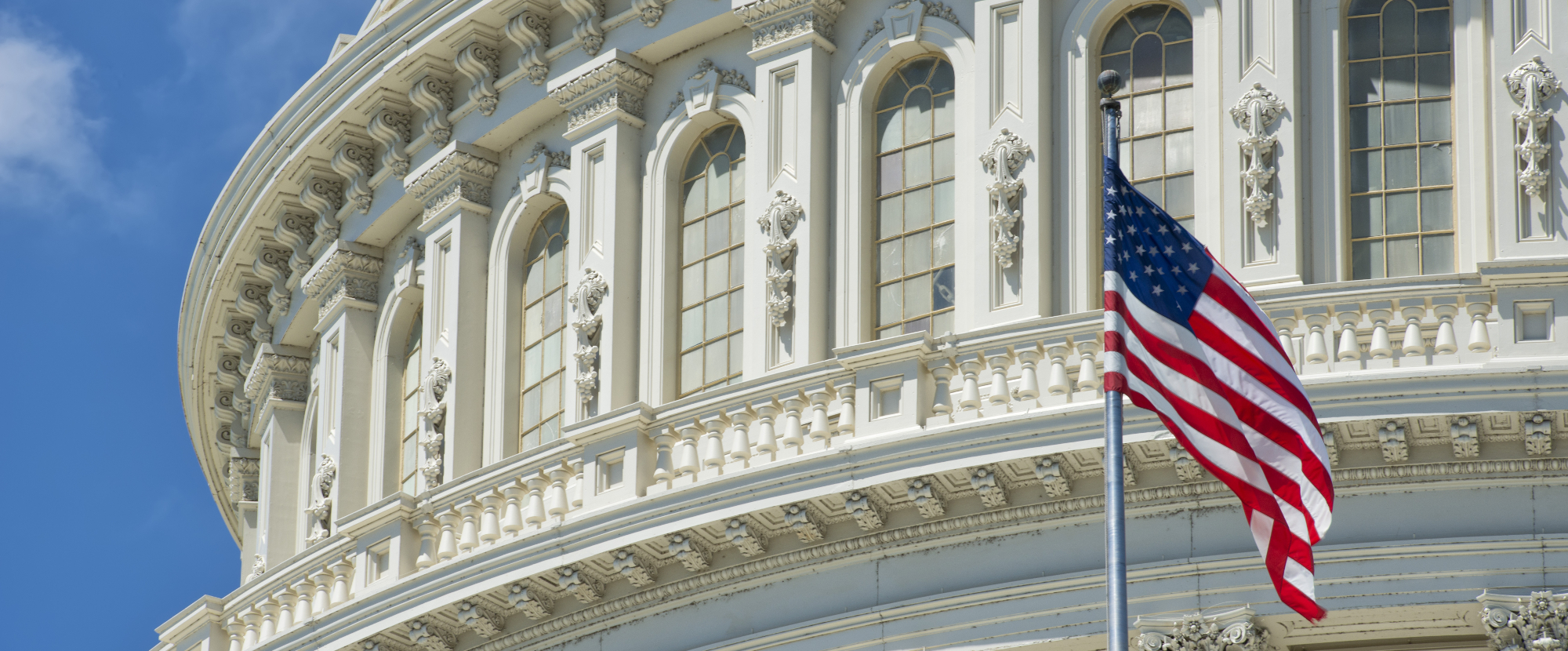On May 23, 2018, the U.S. Department of Commerce launched an investigation into the possible implementation of tariffs on automobile imports pursuant to section 232 of the Trade Expansion Act of 1962. As part of the investigation, the Commerce Department invited public comments on the issue, which AmCham Germany submitted on June 18, 2018.
Our official comment is as follows:
American Chamber of Commerce in Germany
Section 232 Automobile and Automotive Parts Imports Investigation
The American Chamber of Commerce in Germany (AmCham Germany) is a proponent of free and rules-based trade. As the voice of transatlantic business, AmCham Germany rejects protectionist measures and encourages the U.S. government to reconsider the implementation of tariffs, instead seeking other solutions through dialogue. In the particular case of Section 232 there are many arguments that suggest the implementation of tariffs on automobiles and automotive parts imports will be detrimental to both the American and German economies.
U.S.-based German automobile manufacturers contribute to a strong U.S. economy
Germany is among the leading contributors of automotive foreign direct investment in the United States. Since 2013, production by German auto manufacturers in the U.S. has risen by over 20% to over 800,000 vehicles. This shows the commitment of German auto manufacturers and suppliers to the U.S. marketplace and to strengthening their presence there. The production of German cars in the United States also contributes to the U.S. tax base.
U.S.-based German automobile manufacturers are job creators
President Trump has made job creation a priority of his administration. U.S.-based German automobile manufacturers alone employ 36,500 persons in the United States. When including automotive suppliers, the number rises to 116,000 jobs. These figures merely refer to the direct employment. The indirect employment numbers are much larger.
The tariffs currently under consideration would lead to higher production costs for car manufacturers and thus to lay-offs. A conservative estimate has put the number of American jobs lost due to the tariffs at 195,000 over the next years. This does not include potential in-kind retaliatory tariffs that could lead to further job loss in the U.S. Moreover, the implementation of tariffs could dissuade foreign automobile manufacturers and suppliers from further investment in the U.S., which in turn reduces the potential job creation.
U.S.-based German automobile manufacturers invest in workforce training and education
Beyond investment and job creation, U.S.-based German auto manufacturers and suppliers also invest heavily in the education and training of their workforce. They contribute to preparing a highly skilled workforce that is needed in today's modern automotive industry thus further strengthening the U.S. economy.
Competition spurs innovation
As the Department of Commerce stated, "[a]utomobile manufacturing has long been a significant source of American technological innovation". The incentive created through competition with foreign automobile manufacturers spurs innovation and technological advances and helps make U.S. automobile manufacturers competitive in the global market. If U.S. automobile manufacturers are sheltered through higher tariffs on imported vehicles, this incentive will be lost.
Tariffs on imports of automobiles and automotive parts would also hurt U.S. manufacturers and disrupt supply chains
In today's highly interconnected economy, higher tariffs on automotive parts would also impact U.S. auto manufacturers and lead to higher production costs, lay-offs and higher consumer prices. They would also disrupt the intricate network of international supply chains, further hampering or delaying production. The negative effect on American and foreign automobile manufacturers alike would lead to an erosion of the gains made by the Tax Cuts and Jobs Act and lower the amount of funds that the manufacturers could use to invest in additional manufacturing capacities and in training and hiring employees.
AmCham Germany Recommends
As the proposed tariffs on automobile and automotive parts imports will have a strong impact on both the German and American workforces, we strongly urge Secretary Ross and the U.S. government to reconsider the implementation of these tariffs. The current developments in the international trade realm have lead to uncertainty for all parties and a further escalation would be detrimental for both economies. We encourage both the American and European governments to continue to engage in dialogue to find solutions that are beneficial to both parties.
Frank Sportolari
President, AmCham Germany
Eveline Metzen,
General Manager, AmCham Germany
*Source of quoted numbers: VDA

